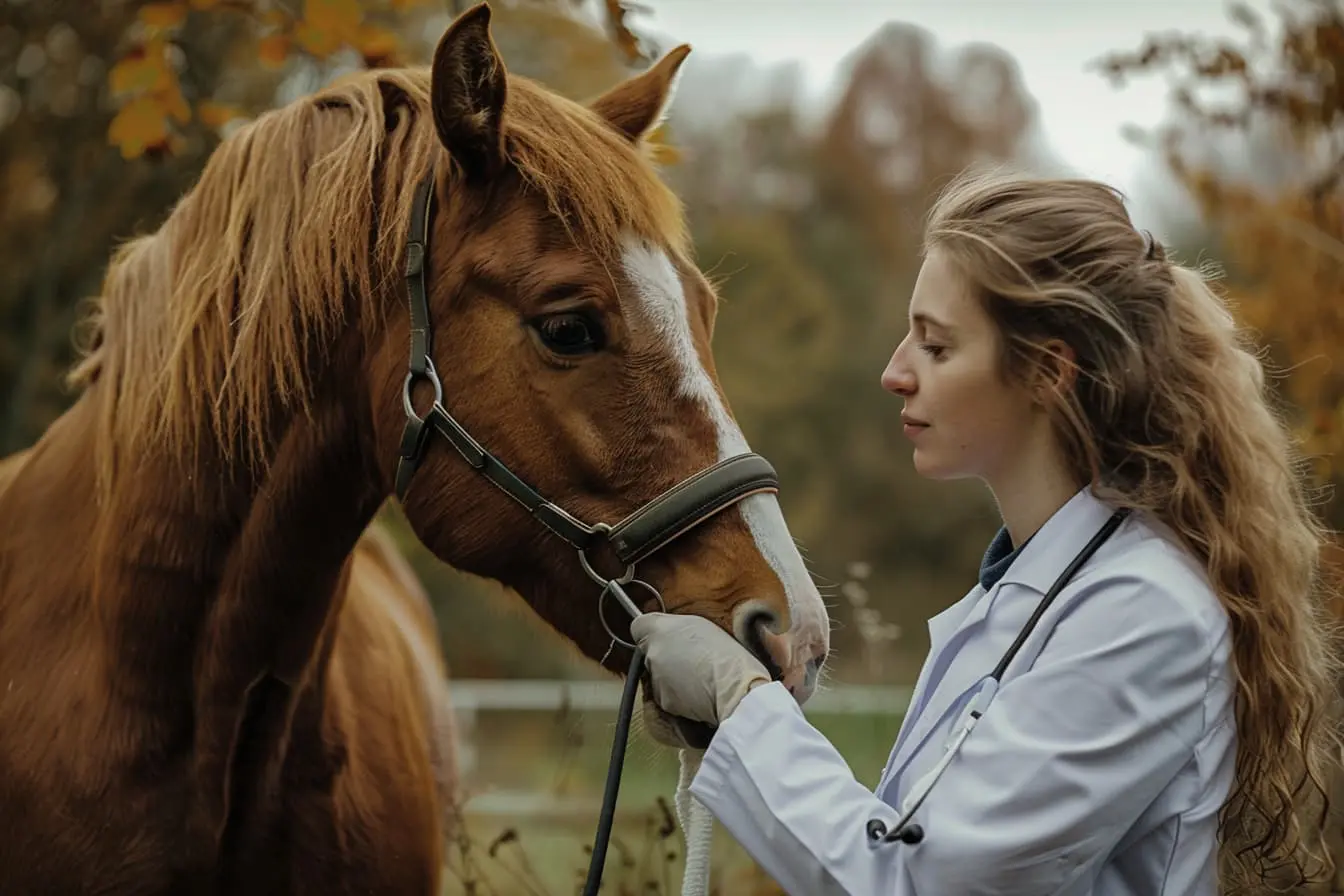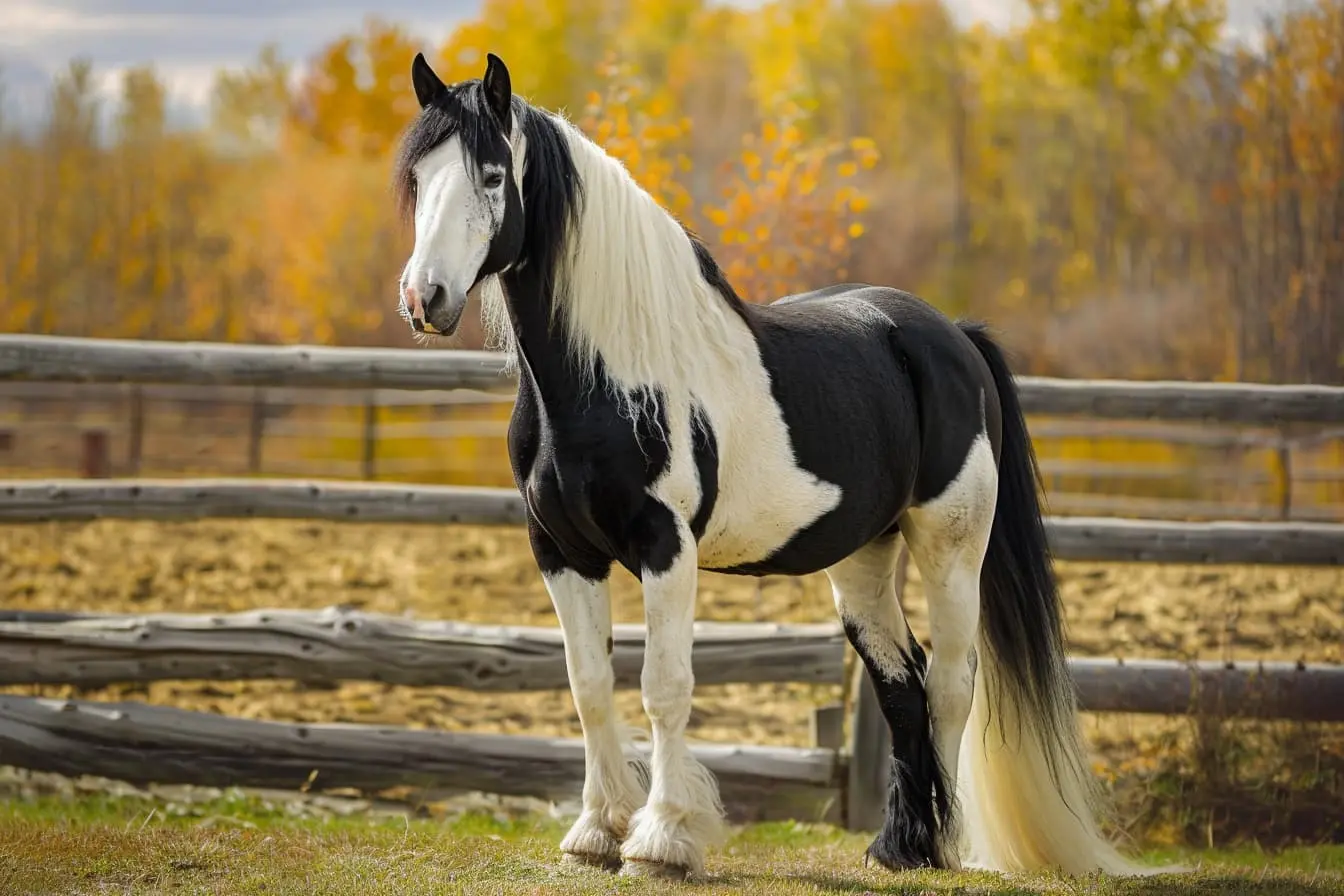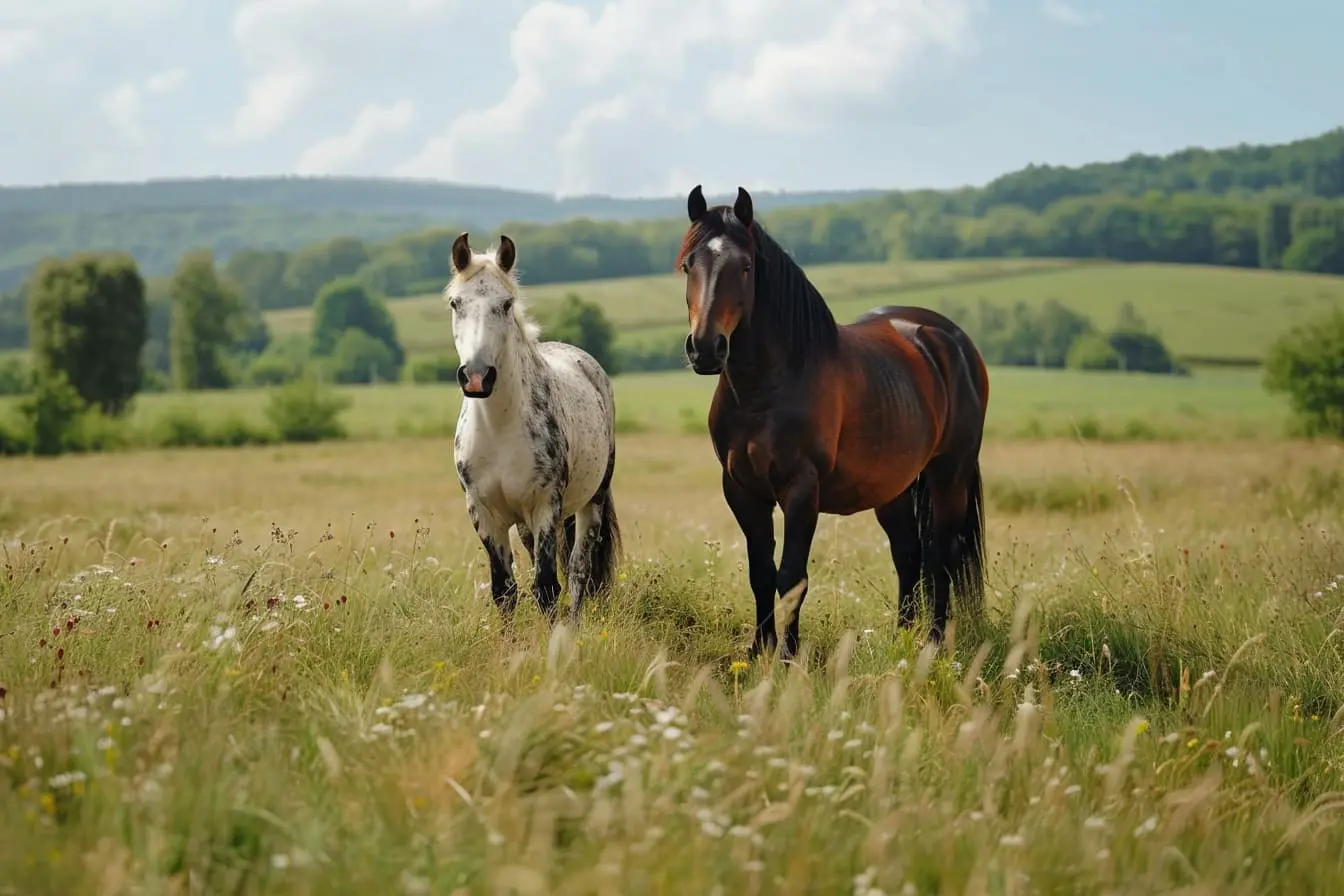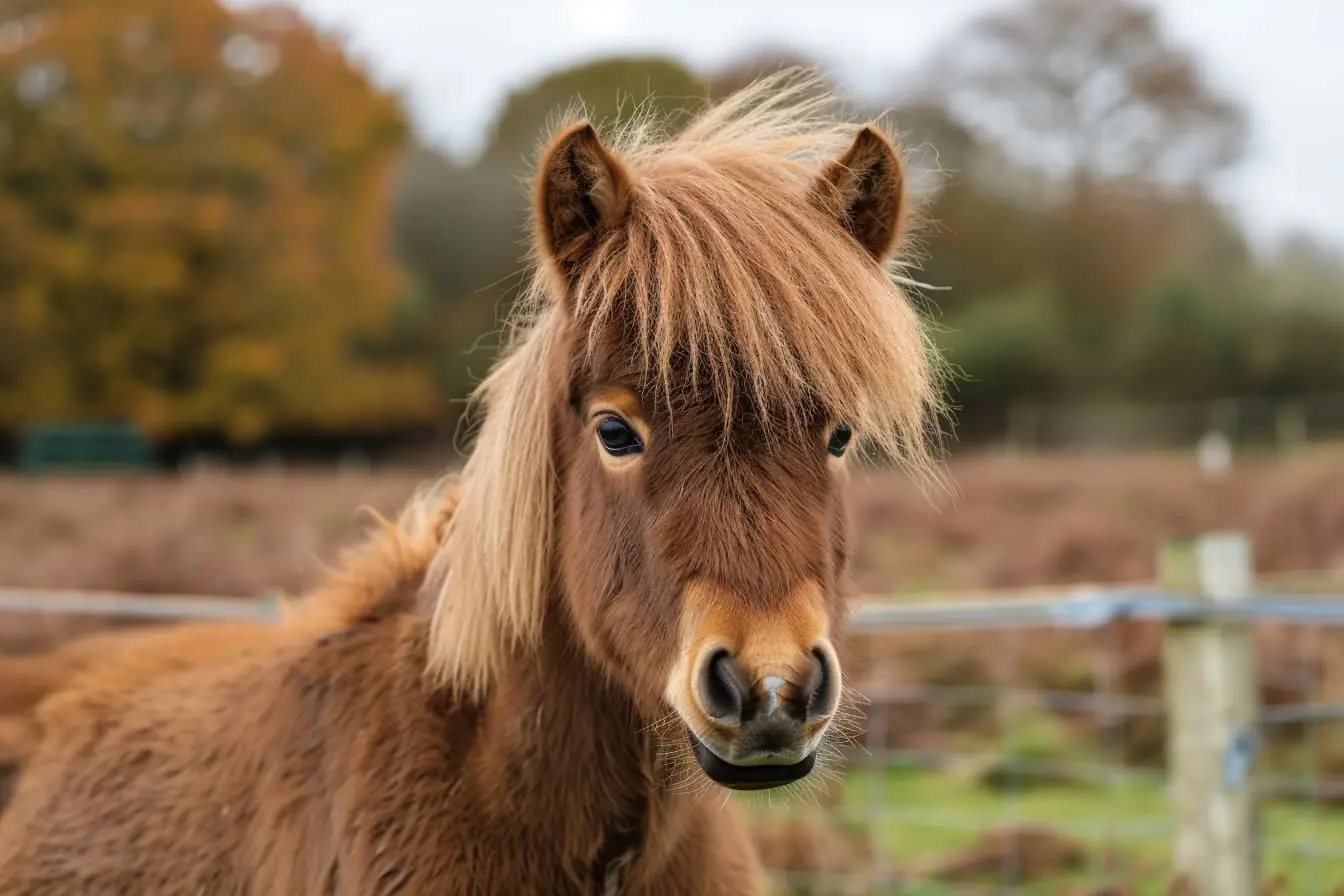
Essential First Aid Kit for Your Horse: A Comprehensive Guide for Horse Owners
As a horse owner, you understand the importance of being prepared for any situation. A well-stocked first aid kit is essential for addressing minor injuries or stabilising your horse's condition until professional veterinary care is available. Below, we've compiled a comprehensive guide tailored for horse owners to help you create a horse-specific first aid kit that covers all the essentials.
What to Include in Your Horse First Aid Kit
Your horse's first aid kit should be comprehensive, covering a range of potential scenarios. Here’s a list of must-have items:
- Thermometer: Essential for checking your horse's temperature. Remember, the normal range for a horse is approximately 37.2 to 38.3 degrees Celsius.
- Stethoscope: Useful for listening to your horse's heart rate and gut sounds. A healthy heart rate is between 28-44 beats per minute.
- Bandages: Include both self-adhesive bandages and cotton wool for padding underneath. Ensure you have practice in bandaging before an emergency occurs.
- Antiseptic Solution & Wound Spray: For cleaning cuts and abrasions. Choose products designed specifically for equine use to avoid skin irritation.
- Scissors: Blunt-ended scissors are best for cutting bandages without risking injury to your horse.
- Tweezers: For removing debris from wounds.
- Hoof Pick: To clean the hooves and remove any objects that could cause injury or discomfort.
- Saline Solution: For flushing out wounds or eyes if needed.
- Fly Repellent Spray: To keep flies away from wounds, which can promote healing.
- Non-Stick Dressings: To cover wounds before bandaging, ensuring dressings don’t stick to the wound.
- Gloves: Disposable gloves are essential for hygiene and protecting both you and your horse during first aid procedures.
- Torch/Flashlight: For examining wounds or moving around safely when it's dark.
- Emergency Contact Information: Always have your vet's phone number and an emergency vet's number readily available.
- Poultice Material and Plastic Wrap: For treating abscesses or infected wounds, under veterinary guidance.
Additional Considerations
- Storage: Keep your first aid kit in a waterproof, durable box that's easy to transport. Label it clearly and make sure everyone involved in the care of your horse knows where it is.
- Customisation: Tailor your kit to your horse's specific needs. For instance, if your horse has a known allergy or condition, include appropriate medication or supplies as recommended by your vet.
- Maintenance: Regularly check your kit to replenish used items and replace expired products. Keeping your kit up-to-date is as crucial as having one in the first place.
In Case of Emergency
While a well-stocked first aid kit is vital, knowing when to call the vet is equally important. Always contact your vet if your horse:
- Has a deep or serious wound
- Is in severe pain
- Has symptoms of colic
- Shows any signs of lameness or distress
- Has an eye injury
Being prepared can make all the difference in an emergency. With a comprehensive first aid kit and the knowledge of how to use it, you'll be well-equipped to handle minor injuries and stabilise your horse's condition while awaiting professional veterinary care.
Vets near you
Speciality vets
- Aquatics vet specialists
- Birds vet specialists
- Camelids vet specialists
- Cats vet specialists
- Cattle vet specialists
- Deer vet specialists
- Dogs vet specialists
- Equines vet specialists
- Exotic vet specialists
- Goats vet specialists
- Pigs vet specialists
- Poultry vet specialists
- Sheep vet specialists
- Small Mammals vet specialists
- Wild vet specialists
Vet facilities
- Accessible by public transport
- Blood testing
- Car park nearby
- Client car park
- Dentistry
- Diagnostic imaging
- Disabled public access
- Flea and worm treatments
- Microchipping
- Mobile services
- Neutering
- Open at weekends
- Out-of-hours service
- Referral interests
- Referrals only
- Street parking outside
- Toilets available
- Vaccinations



